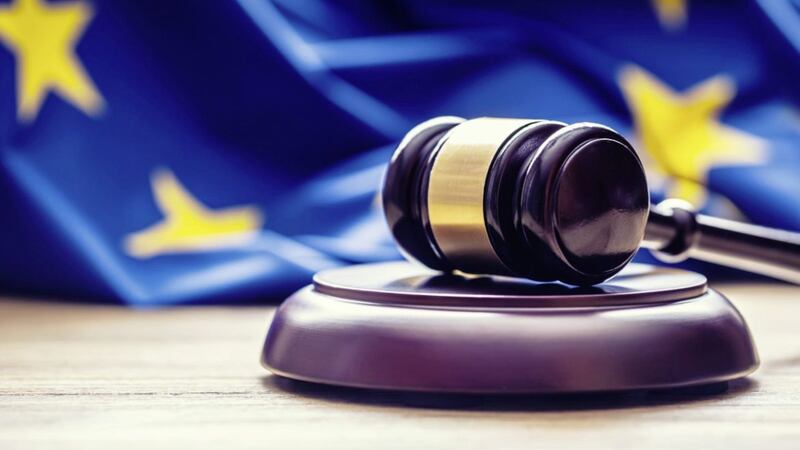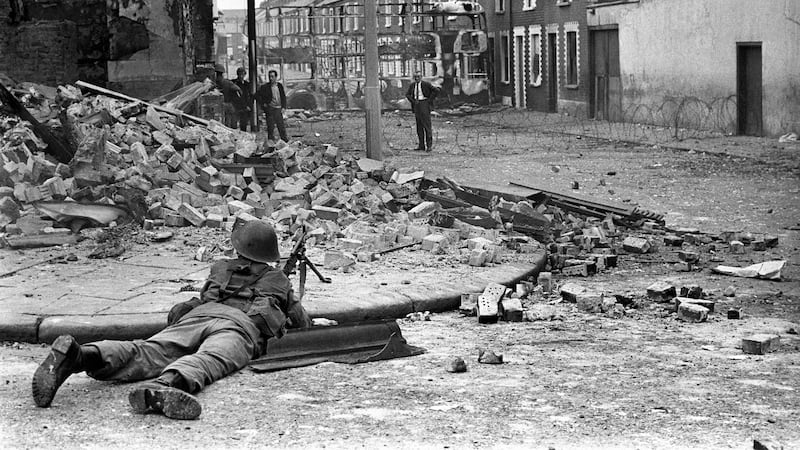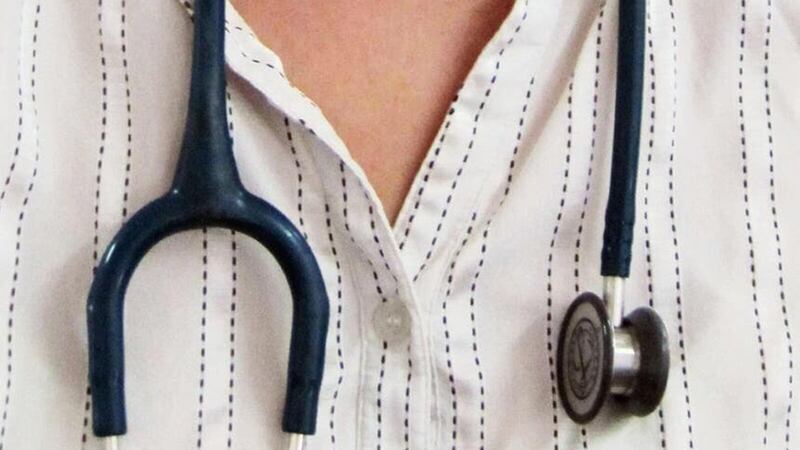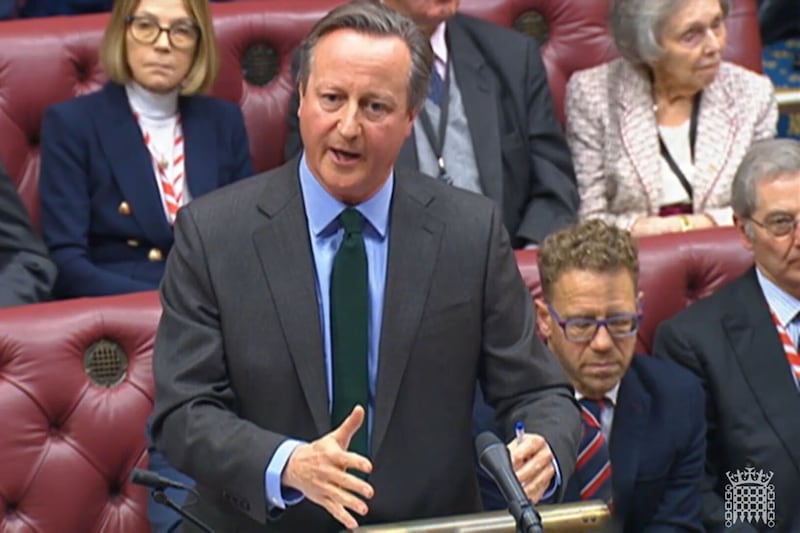JIM Allister's claim that the European Union is ultimate arbiter in disputes around the protocol is "inaccurate with consideration", according to independent verification.
The TUV leader made the claim on Radio Ulster's Nolan Show last October. He claimed that the European Court of Justice — as part of the Court of Justice of the European Union (CJEU) — is the supreme court regarding any challenge to the Northern Ireland Protocol.
“You know, in any international trade deal, the mechanism for arbitration is independent arbitration," the North Antrim MLA said.
"In this protocol, it’s so one-sided that the arbitrator is the EU themselves… [The Court of Justice of the European Union is] their supreme court. Northern Ireland has a supreme court. It sits in London, but not under the protocol. Under the protocol, our supreme court on all protocol issues sits in Luxembourg."
FactCheckNI examined the rigour of the claim and concluded that it was not correct, though the independent verifiers concede "it's complicated".
In a previous fact check, the group concluded that the legal implementation of the protocol was provided for in UK law, and that any necessary legislation can be passed in the Stormont assembly or at Westminster, according to respective legal competence and political will.
On the question of whether the CJEU the sole arbiter on all protocol issues, FactCheckNI says it isn't.
"The CJEU is the ultimate arbiter on matters related to the implementation of certain articles of the protocol (those that address customs, movement of goods, customs information exchange, technical regulations, VAT and excise, and state aid)," it says.
"For areas not explicitly covered, the CJEU retains a role within the agreed process of arbitration, interpreting EU laws as part of the process of settling disputes between the UK and EU over the implementation of the protocol."
However, Mr Allister told The Irish News that "in essence" the fact-check confirmed his assertion about the CJEU.
The TUV leader said that in relation to the articles that retain the north in the EU Single Market for goods, the CJEU would be the "supreme authority, with its rulings overriding domestic law" and that where a dispute might arise between the UK and EU, the latter would have the "whip hand".
"Hence, my conclusion that when it comes to the implementation and legal consequences of the protocol, far from taking back control, the UK surrendered control to the EU and its European Court of Justice," he said.
"Hence, the belated recognition by HMG of the need to address - among other things - the European Court of Justice issue."








